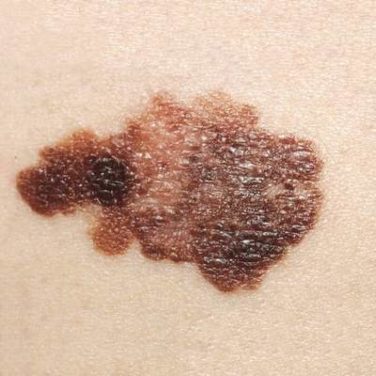The Food and Drug Administration has approved brentuximab vedotin, in combination with chemotherapy, for previously untreated adults with stage III or IV classical Hodgkin lymphoma.
The drug, which is marketed by Seattle Genetics as Adcetris, is already approved in classical Hodgkin lymphoma after relapse and after stem cell transplant when the patient is at risk of relapse or progression. The drug is also approved to treat both systemic anaplastic large cell lymphoma (ALCL) and primary cutaneous ALCL after failure on other treatments.
The agency performed an expedited review of the anti-CD30 antibody conjugate under the Priority Review and Breakthrough Therapy designations. The approval is based on brentuximab vedotin’s performance in the ECHELON-1 trial, a phase 3 study of 1,334 patients with previously untreated stage III and IV classical Hodgkin lymphoma. Participants were randomized to an average of six 28-day cycles of treatment with either brentuximab vedotin plus doxorubicin, vinblastine, and dacarbazine (AVD) or standard therapy of doxorubicin, bleomycin, vinblastine, and dacarbazine (ABVD).
The modified 2-year progression-free survival in the trial was 82.1% for patients receiving brentuximab plus AVD versus 77.2% for ABVD (P = .03), a 23% relative risk reduction ( N Engl J Med. 2018;378:331-44 ).
Common side effects of brentuximab vedotin include neutropenia, anemia, peripheral neuropathy, nausea, fatigue, constipation, diarrhea, vomiting, and pyrexia. The drug carries a boxed warning highlighting the risk of John Cunningham virus infection resulting in progressive multifocal leukoencephalopathy.




